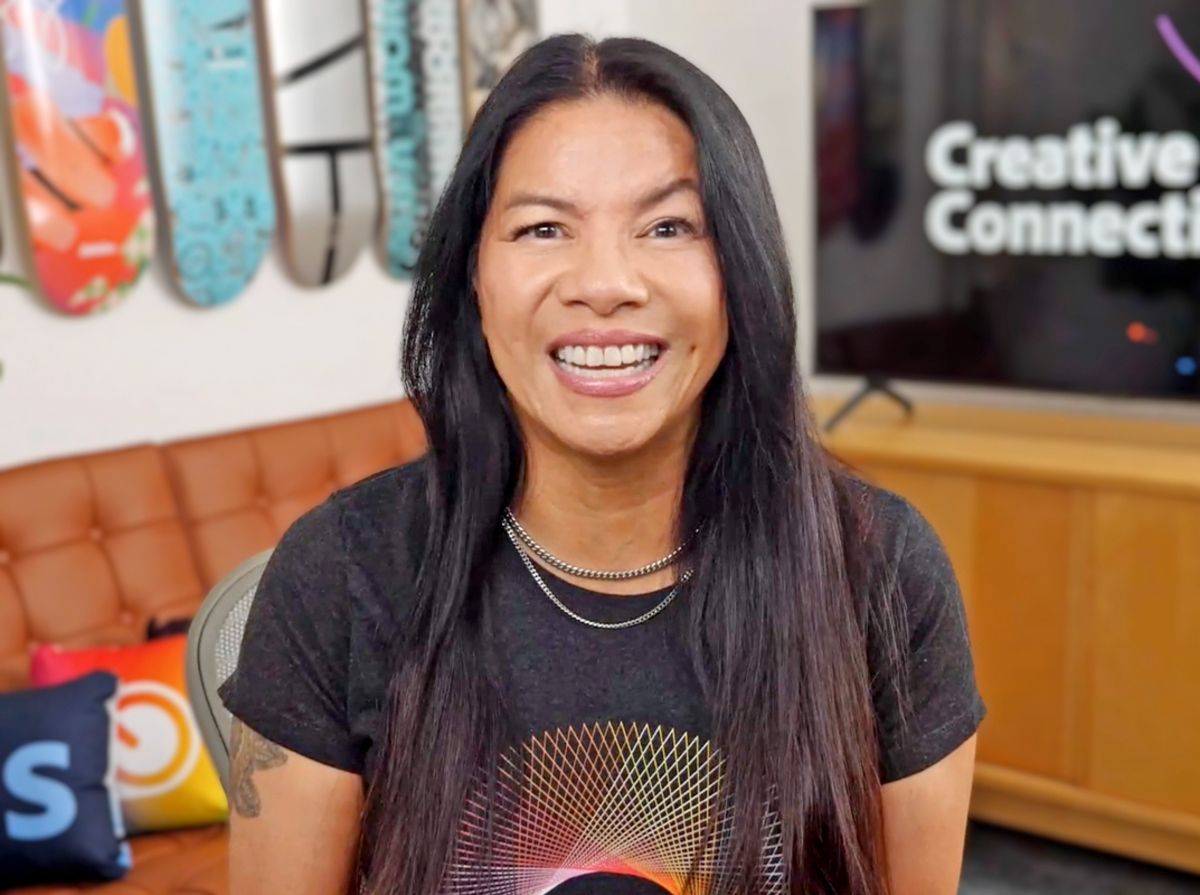Whether your “team” is you, your dog, and 37 open tabs... or a full production crew running the show behind the scenes, every event leader has a starting point. You shared where you’re at today—here’s how to make the most of your current setup while building toward your next level of ease, flow, and support.
So, which one are you? I am curious how you voted on this poll? Here’s what the full poll looked like:
If it’s just you, and you’re flying solo:
It’s just you. The emails. The tech checks. The hosting duties. (We see you.)
You’re handling everything from registration to follow-up, and sometimes it feels overwhelming. But solo operators have incredible flexibility: you can pivot quickly and create intimate experiences that larger operations sometimes miss.
Here’s your focus:
Automate what drains you. Those repetitive emails? Templatize them. Registration flows? Set them up once to work while you sleep.
Script your run of show. When you’re live and your heart is racing, having your talking points mapped out will save your sanity.
Start small. A focused, well-executed 20-minute session often delivers more value than a sprawling hour-long event where you’re scrambling.
Next step: When you’re ready, hire a helper for day-of support. Having someone to monitor the chat while you present will transform your hosting experience overnight.
If you have a small-but-mighty team:
You’re not alone, but it still feels like a tight ship. Everyone’s wearing multiple hats, and you're balancing collaboration with quick execution.
Small teams thrive on clarity and shared resources. Even with just three people, explicitly defining who’s handling what prevents those awkward “I thought you were doing that” moments.
Here’s your focus:
Clarify roles in your run of show. Create a simple document that maps responsibilities to names, especially for high-pressure moments.
Use shared templates and checklists. Your team is too small to reinvent the wheel each time, so document your processes as you go.
Debrief after every event. Take 30 minutes after each event to capture what worked, what didn’t, and what you’ll adjust next time.
Next step: Look for ways to outsource one big piece—like speaker coordination or post-event follow-up—to free up strategic brain space for thinking bigger about your event strategy.
If you lead a production team or crew:
You’re in leadership mode now. Your team executes the details, but your hands are still close enough to the work to jump in when needed.
This is where your role shifts from task-master to vision-setter. Your greatest value isn’t in running the tech checks (though you could); it’s in empowering your team while you focus on the bigger picture.
Here's your focus:
Shift from task-master to vision-setter. Trust your team with execution details they’ve mastered, and redirect your energy to what only you can provide.
Build an event playbook. Create programs and guidelines that capture your expertise so the show can go on even when you’re not in the room.
Focus on audience experience. With logistics handled, you can obsess over how the event flow feels and where people are most engaged, and experiment with what might bring them back for more.
Next step: With a solid team managing the fundamentals, experiment with new formats, engagement tactics, and technologies that keep your events fresh and impactful.
If you’re just here to learn or support:
You're not in the producer’s chair (yet)—you’re observing, contributing, and soaking up what works.
This observer role is incredibly valuable. You have the luxury of watching what great event producers do, and equally important, what they choose to skip.
Here’s your focus:
Watch what great hosts, producers, and directors do. Notice how they handle awkward moments and create a memorable experience throughout the whole show.
Start small with a 1:1 session or peer-led group. These low-pressure environments let you develop your hosting muscles without the stress.
Support other leaders. Offer to help with chat moderation or tech testing. These supporting roles give you insider access to how successful events work.
Next step: When you’re ready to step into hosting or technical directing, start by guest-starring in a segment or moderating the chat. No pressure—just play and learn as you go.
Every Leader Starts Somewhere
Whether you’re bootstrapping your first event or running a well-oiled crew, the goal remains the same: create experiences people genuinely want to show up for, while making the process feel easier on yourself over time.
Remember that every event leader started somewhere, probably with technical glitches they’d rather forget. The difference isn’t that they’re naturally gifted hosts; it’s that they kept showing up, refining their approach, and gradually building the support systems that make great events possible.
Wherever you are in your journey, embrace it. Use the resources you have, learn from each experience, and take one step toward the event leadership you aspire to.
Okay, next up: What’s your goal right now? Choose one that aligns.👇
